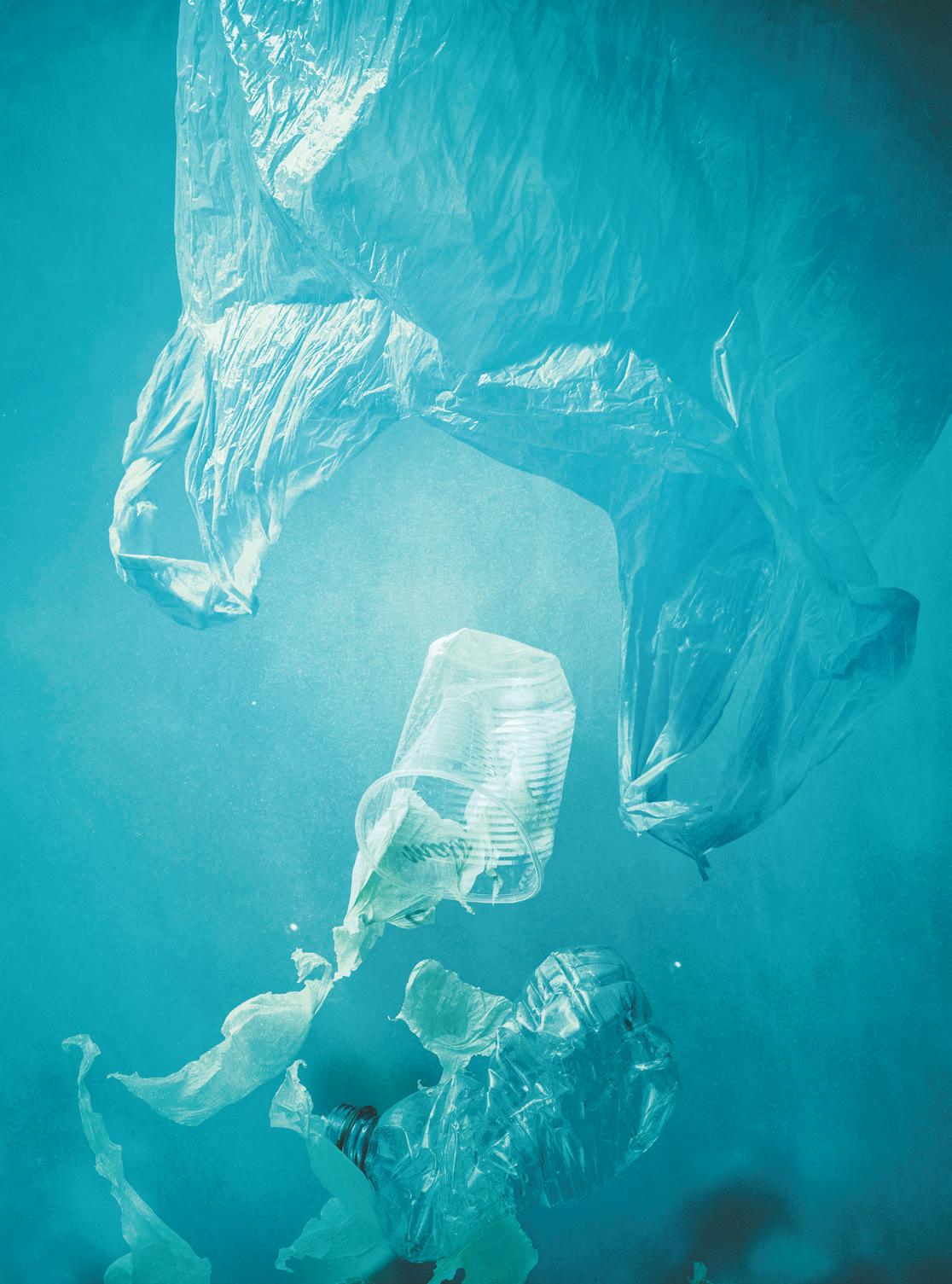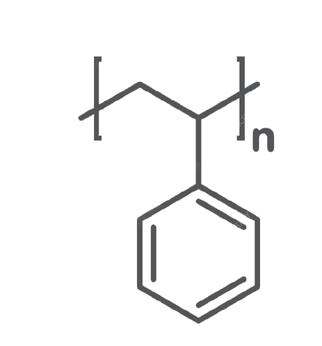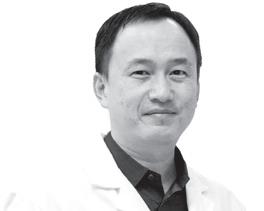
1 minute read
FUELING SUSTAINABILITY
From protecting the ocean to reducing environmental harm to humans
Transforming Plastic Waste
Advertisement
Up to 10 million metric tons of plastic end up in our oceans each year and, since the substance does not naturally degrade on a reasonable timescale, its accumulation may outweigh all the fish in the sea by 2050. To address this urgent challenge, Clay C. C. Wang, chair of the Department of Pharmacology and Pharmaceutical Sciences, and collaborators have devised an innovative method for transforming plastic trash into a variety of useful products—including pharmaceuticals—with unprecedented efficiency. So far, the team has accomplished this on two major types of plastics that have extremely poor recycling rates—polyethylene and polystyrene.
To test the process, Wang’s team recruited student and community groups to collect samples of plastic waste from Catalina Island. The researchers converted these samples into diacids and benzoic acid, which they then fed to strains of Aspergillus nidulans, an easy-to-engineer fungus often employed in drug discovery. The fungus responded by producing high quantities of compounds

Clay Wang and collaborators have devised a new process to turn plastic trash into pharmaceuticals with unprecedented efficiency and cost-effectiveness.
MASS OF POLYMER THE TEAM WAS ABLE TO RECOVER AS DISCRETE, USEFUL PRODUCTS, COMPARED WITH THE EPA’S ESTIMATE THAT 30% IS TYPICALLY RECOVERABLE with antimicrobial, anticancer, antioxidant and neuroprotective properties—all within a week. Furthermore, they converted these plastic-breakdown products into a biocontrol agent that is used agriculturally to naturally counteract the accumulation of highly carcinogenic compounds in crops.
To expand the scope of this research, the team is now working on creating dyes, proteins and other valuable products from even more types of plastics.
Enhancing Male Reproductive Health

Environmental factors play a major role in the rise of reproductive disorders, which verge on threatening fertility worldwide. Martine Culty investigates the impact of exposing fetuses and newborn males to chemicals that not only harm reproductive health but also increase testicular cancer risk. She and colleagues are investigating how perinatal exposure to endocrine disruptor chemicals, which exist in many household products, affects male reproductivity. A major goal is to help pregnant women avoid exposure to these damaging substances.
Culty’s studies have identified genes and pathways that are disrupted by the mixture of two common environmental chemicals with the over-the-counter painkillers acetaminophen and ibuprofen. Her USC collaborations include working with Dean Vassilios Papadopoulos to improve testosterone production and androgen formation, and Lynda Kay McGinnis of the USC Norris Comprehensive Cancer Center on how treating women with tamoxifen for breast cancer affects the reproductive development of their infant sons.









